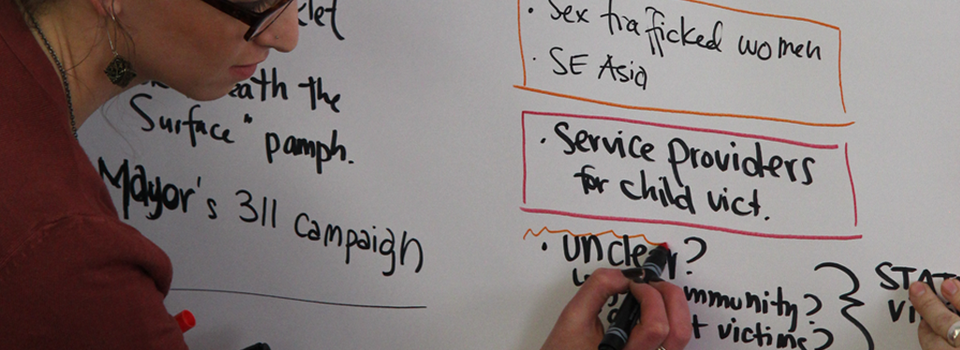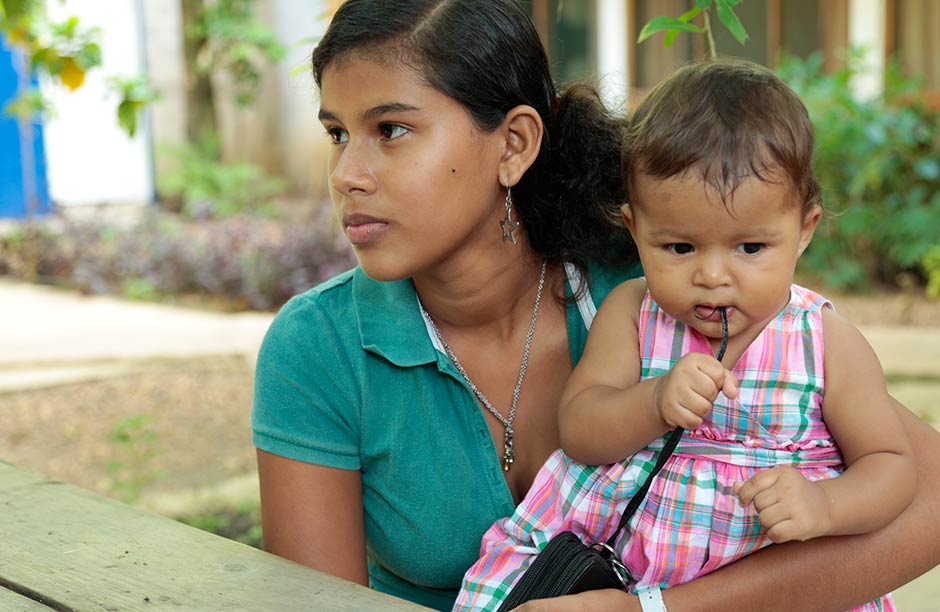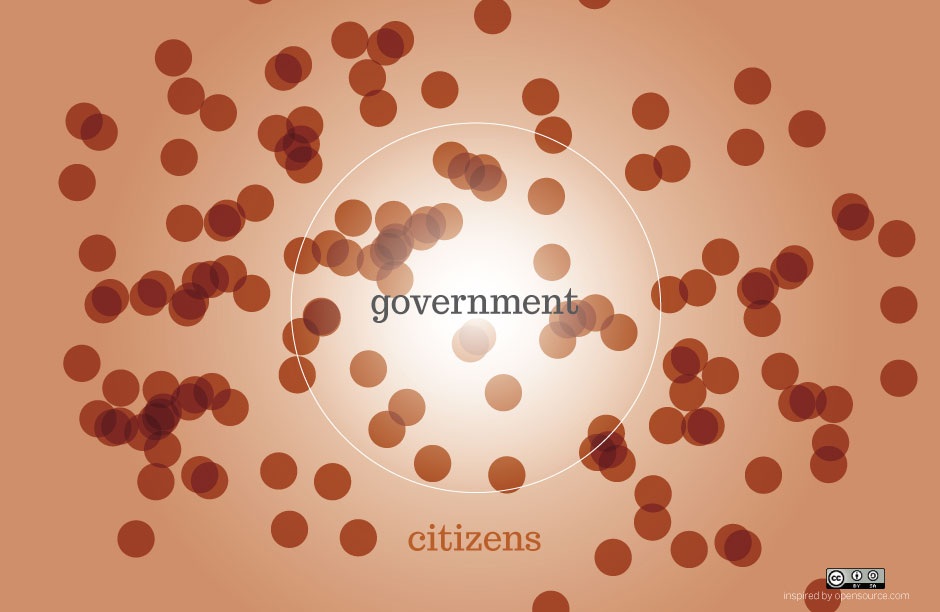Communications Design
Design Diary: “The design industry has a lot of waste.”
Not the seemingly endless sheets of paper we use to sketch, visualize, then present our ideas; not the chemical-laden inks, dyes, and fixatives we use to produce our work; but rather, something less tangible, yet equally critical: ideas.
After spending an entire day designing first identity concepts for Reboot’s citizen-response SMS work in Nigeria, my fellow designers had finally hit a creative wall and called it a day. I was cleaning up my file, recovering from what the design team at Reboot calls “mushy brain,” or the feeling you get when you’ve been looking at the same word for so long that it no longer resembles familiar letters with meaning, but instead appears as a pattern of shapes that change with your selection of font. Mushy brain is a symptom that can be experienced after only a short time designing a … Read More »
Visual Storytelling for Data & Development: Infographics for the World Bank
Here at Reboot, we believe deeply in the power of design. We often find ourselves applying its principles and processes in shaping programs that focus on meeting the needs of people. And fundamental to this challenge — that of addressing complex ideas with real world impact — is the ability to spread information through compelling communications design.
We have found that many of our colleagues in the social sector undervalue the role of communications design. This perspective is understandable - when creating a $200 million program to overhaul a nation’s water and sanitation system, the significance of fonts and colors and layout can seem quite minor.
Tackling Human Trafficking
Here at Reboot, we’re honoured to be partnering with Safe Horizon, a preeminent service agency for trafficked persons* in New York City. Over the coming months, we’ll be working with Safe Horizon to design and deliver materials about their support services to trafficking survivors — and developing tools to measure their impact.
Victims of trafficking are often hard to reach — which is why we’ve been called in to help identify key opportunities for impact. We will be building upon a strong history and existing body of work. The anti-trafficking community, in the US and globally, has been highly creative in its efforts to support these isolated populations.





